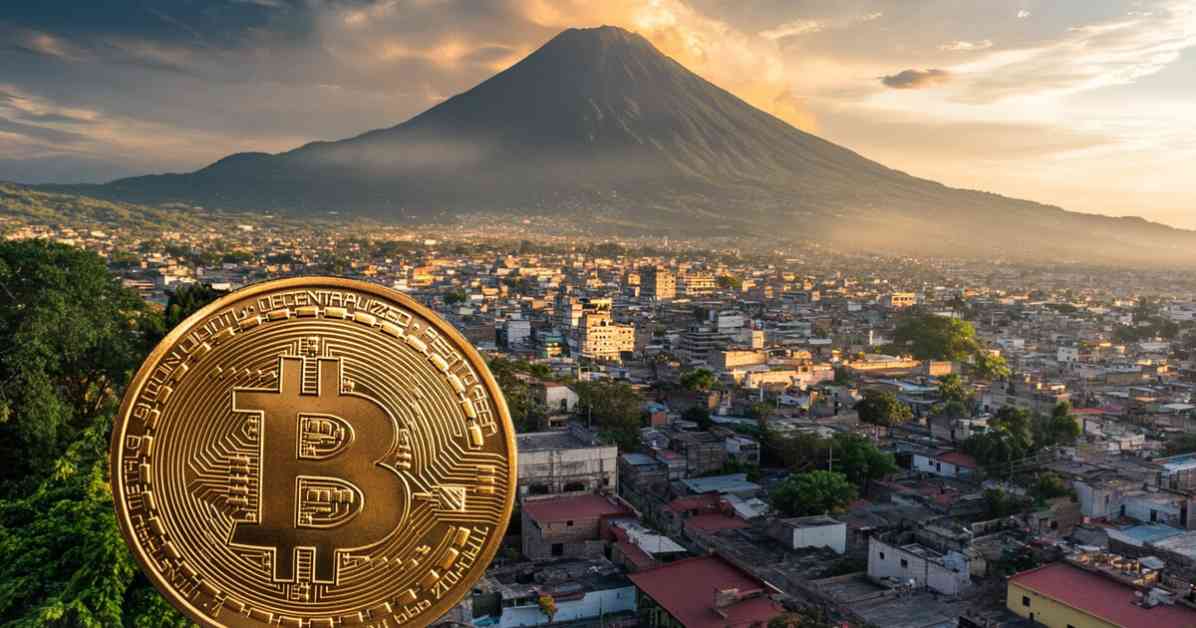El Salvador recently made headlines by becoming the first country in the world to adopt Bitcoin as legal tender. This move has sparked a lot of interest and debate among economists, policymakers, and the general public. One of the key concerns that has been raised is the potential impact of this decision on inflation in the country.
Inflation is the rate at which the general level of prices for goods and services is rising, leading to a decrease in purchasing power. When a country adopts a new currency, such as Bitcoin, there is a possibility that it could lead to changes in inflation rates. This is because the value of the new currency can fluctuate significantly, which can affect the prices of goods and services in the country.
In the case of El Salvador, the adoption of Bitcoin as legal tender has the potential to impact inflation in several ways. One possible scenario is that the increased use of Bitcoin could lead to a decrease in the value of the country’s official currency, the US dollar. This could in turn lead to higher inflation rates as the prices of imported goods and services rise.
On the other hand, some experts argue that the adoption of Bitcoin could actually have a deflationary effect on the economy. This is because Bitcoin is a finite resource, with a maximum supply of 21 million coins. This scarcity could lead to an increase in the value of Bitcoin over time, which could in turn lead to lower inflation rates in the long run.
It is important to note that the impact of El Salvador’s Bitcoin experiment on inflation is still uncertain and will depend on a variety of factors, including how widely Bitcoin is adopted in the country, how it is regulated, and how it is integrated into the existing financial system. As the experiment unfolds, it will be important to closely monitor inflation rates in El Salvador to assess the impact of this groundbreaking decision.
Overall, the adoption of Bitcoin as legal tender in El Salvador is a bold and unprecedented move that has the potential to reshape the country’s economy in significant ways. While the impact on inflation remains to be seen, it is clear that this experiment will be closely watched by economists, policymakers, and the global community as a whole.

















